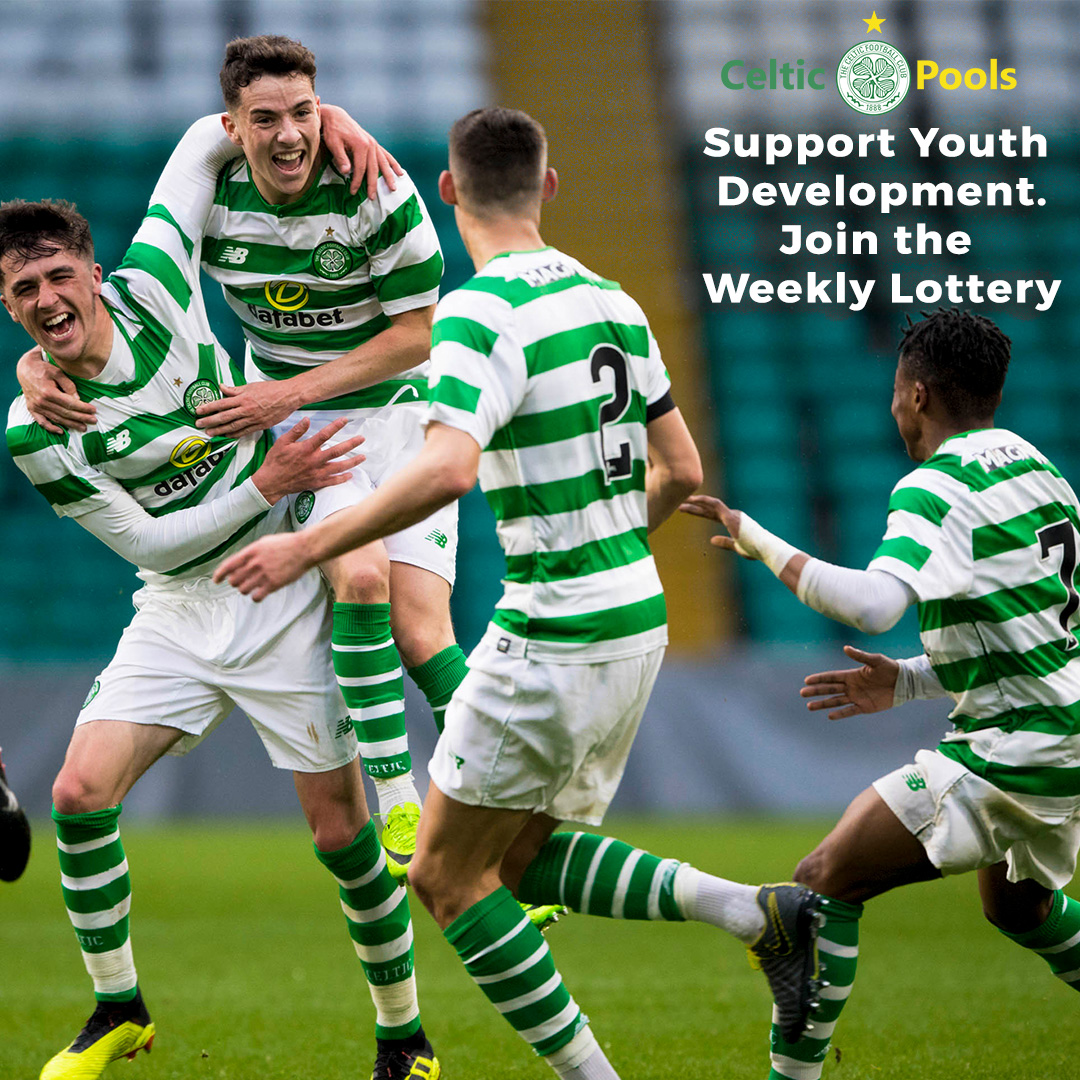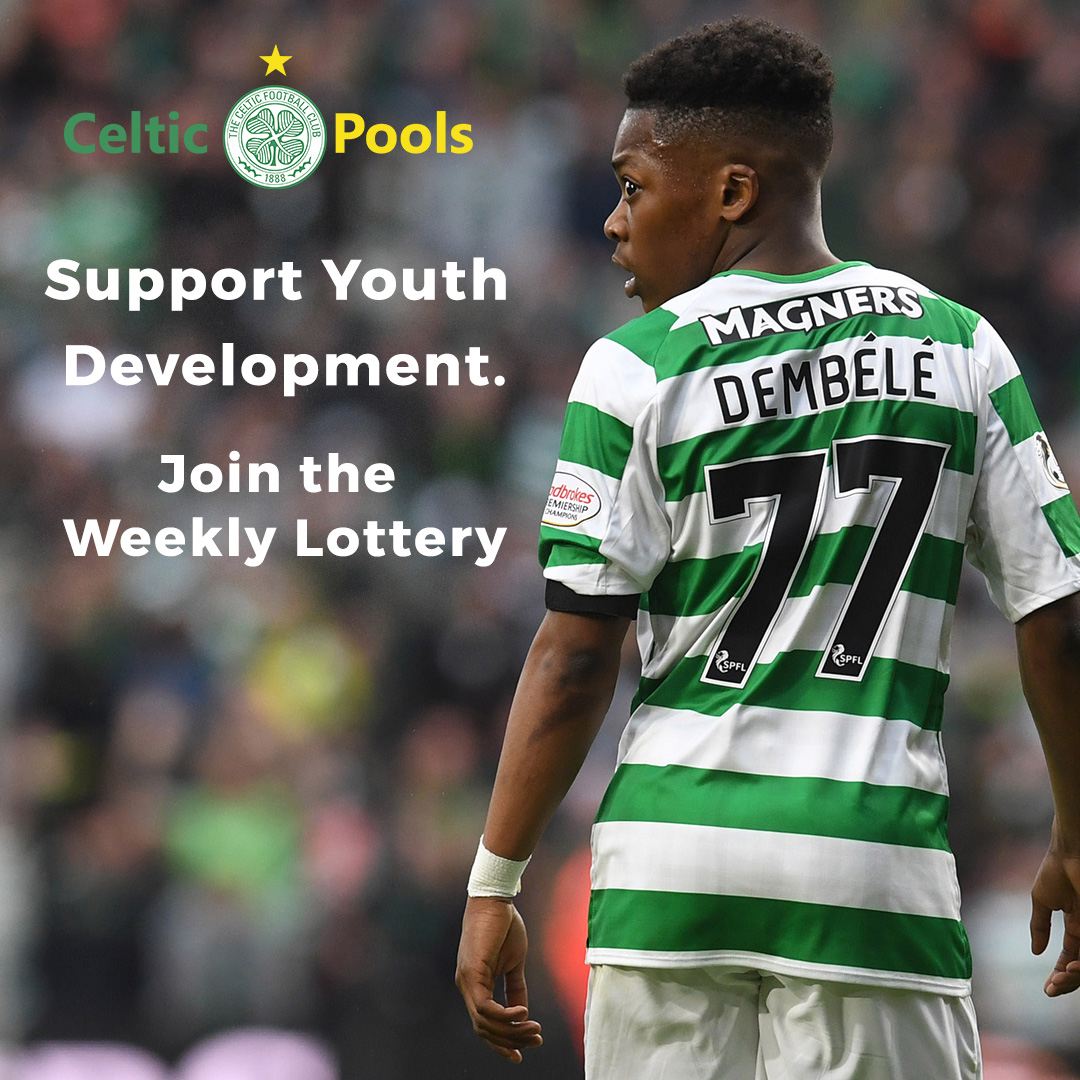I got a call out the blue last night from an old friend. Last time I saw him rather shamefully was around five years ago, the morning after his wedding, to thank him for the invite and promise to keep in touch. My wife was heavily pregnant with my son at the time and life suddenly became about something more than me. Bar the odd text or e-mail we’d lost contact.
We both studied in Edinburgh back in the day, while I branched into Social Policy he remained in the Politics course we’d both originally intended to complete. He’s been working in that field since he qualified and has had spells working in both Westminster and Holyrood in research jobs.
He called to say that he had more time on his hands these days and fancied catching up properly. He also advised he’d been reading a lot on Celtic over the last few days while at home and had been delving into the content on The Celtic Star. He mentioned the furloughing debate around the club’s lower paid staff and mentioned he’d enjoyed the two sided approach to the debate we’d taken. He was being polite. What he really wished to inform me was that we were missing what was right under our nose. Close but no cigar is how he described it.
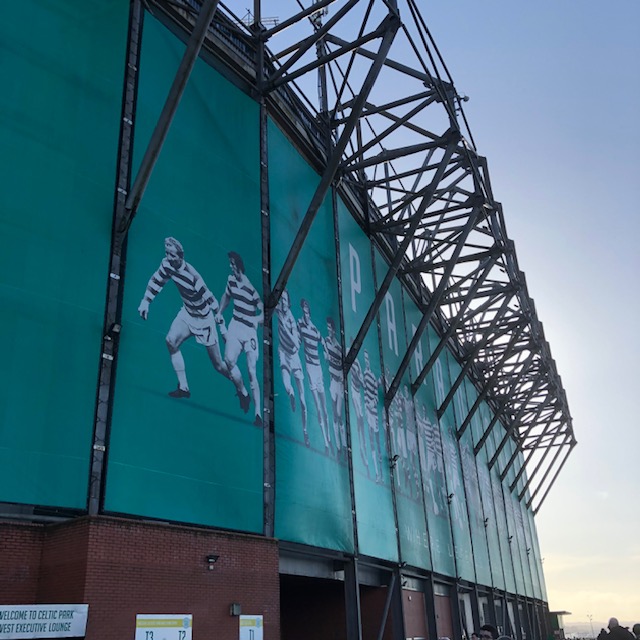
In his opinion the Job Retention Scheme and the decision of the bigger clubs to go public and take advantage of it is nothing more than a smokescreen. He has been advised the bigger issue is around the players, the players unions and the bigger clubs need to maintain their standing in the game.
It is his information that the bigger clubs are fearful around the intentions of television companies agreeing to honour contracts or indeed demanding return of monies already paid – and no doubt already spent – should the season either be called null and void or concluded early and settled on current placings. Clubs have no wish, in his opinion to access their reserves if they can reduce their outgoings and negate the need. There are bigger reasons for this than the so called threat to survival.
With restart dates a moving feast and information from UEFA changing on at least a weekly basis, the big clubs with big liabilities are worried that there is no direction or leadership and as such are concerned if football stops for longer than expected there is no end in sight and planning becomes difficult, expensive and reserves will start to dwindle. This he says is important in a football business where cash and the availability to spend it aligns perfectly to where your club finishes in the league and in turn the higher percentage of TV revenue and European football you get. Apparently some big clubs had already sought government assistance and had been told they were currently not being considered.

His take is that down south it is no surprise Spurs and Newcastle Utd have been the first two to go public nor that in Scotland, Celtic have followed suit. Behind the scenes Spurs and Newcastle in particular have been trying to encourage players into taking hefty pay cuts. Deferrals and charitable donations have also been discussed and players are more open to this while Chief Executives are not. He believes Celtic and ‘the’ Rangers have been doing the same.
This has been to-ing and fro-ing initially between senior players and Chief Executives, before more strong arm tactics were invoked and the players joined ranks and stopped discussing, instead demurring to the Unions.
At this stage, the argument the Chief Executives were putting forward as to some sort of financial Armageddon has come under more scrutiny than players and their agents initially provided. The Unions have taken a rather passive stance. They have advised they’d consider recommending pay cuts on a voluntary basis to their members, if evidence was provided to show the immediate risk to the club by continuing to pay the players and therefore the long term ability of the clubs to honour the terms of the contract.
The Unions feel these tactics are being used far too early and have told members wherever possible to stand firm and revisit when evidence is presented. To date it hasn’t.
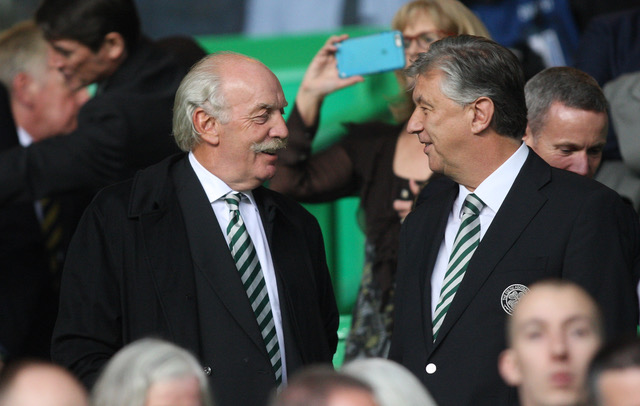
As such the belief from Government circles is this public move to furlough the lower paid staff has been a blackmail attempt to encourage both the Government to return to the negotiating table and to make players look greedy by refusing to engage and buckle to club demands.
It was his opinion that I and indeed Government Ministers had fallen into a trap well laid. That I had immediately looked for players and CEO’s at Celtic to take a wage cut when financially Celtic are minimally impacted at this stage, though he admits that may change in the future. He further advised the right question would have been to ask why Celtic or other big clubs down south hadn’t been able to persuade their players to agree to take wage cuts already and challenge them as to why they couldn’t, rather than target the players.
Whilst some clubs at the lower end have accessed this furlough scheme for the right reasons, Players Unions and Government officials believe the fact evidence of financial hardship from the bigger clubs has not been forthcoming is evidence enough that there is little or no financial risk at present. Indeed any deferral of wages or need to furlough staff is wide of the mark. It is his belief that the decision to do this was to twist the arm of the high earning players at the bigger clubs and encourage public opinion to turn against them.
His opinion was when I chose to blame Celtic for taking advantage of the job retention scheme I’d almost been right, but when I pushed for players to stand up and be counted I’d fallen for the hustle hook line and sinker. He believes Government ministers have their own reasons for being happy to deflect to high earning footballers. They simply have no interest in dealing with the bigger clubs complaints for now, if players fall for the trap they will see less pressure from clubs to get involved.

There are of course financial difficulties arising but where the bigger clubs emerge from this is important. In the case of smaller clubs their very survival is at risk, with the bigger clubs it’s more about maintaining the financial advantage they have over their close competitors when we come out of this, so they can maintain league positions, European places and the riches they’ve become so accustomed to having.
The thought of this crisis meaning there is a financial levelling is the fear for Premier League English clubs. For Celtic the concern is less about ‘the’ Rangers though it’s a slight worry. It’s more about competing in Europe and being relevant when decisions around European football are taken.
We’re aware we don’t compete with Liverpool or PSG but we can’t afford to be less relevant than Feyenoord or FC Copenhagen. We need to be able to spend more than those competitors and remain a relevant football club in our position on the football food chain and in turn our political influence around the discussion tables that matter.
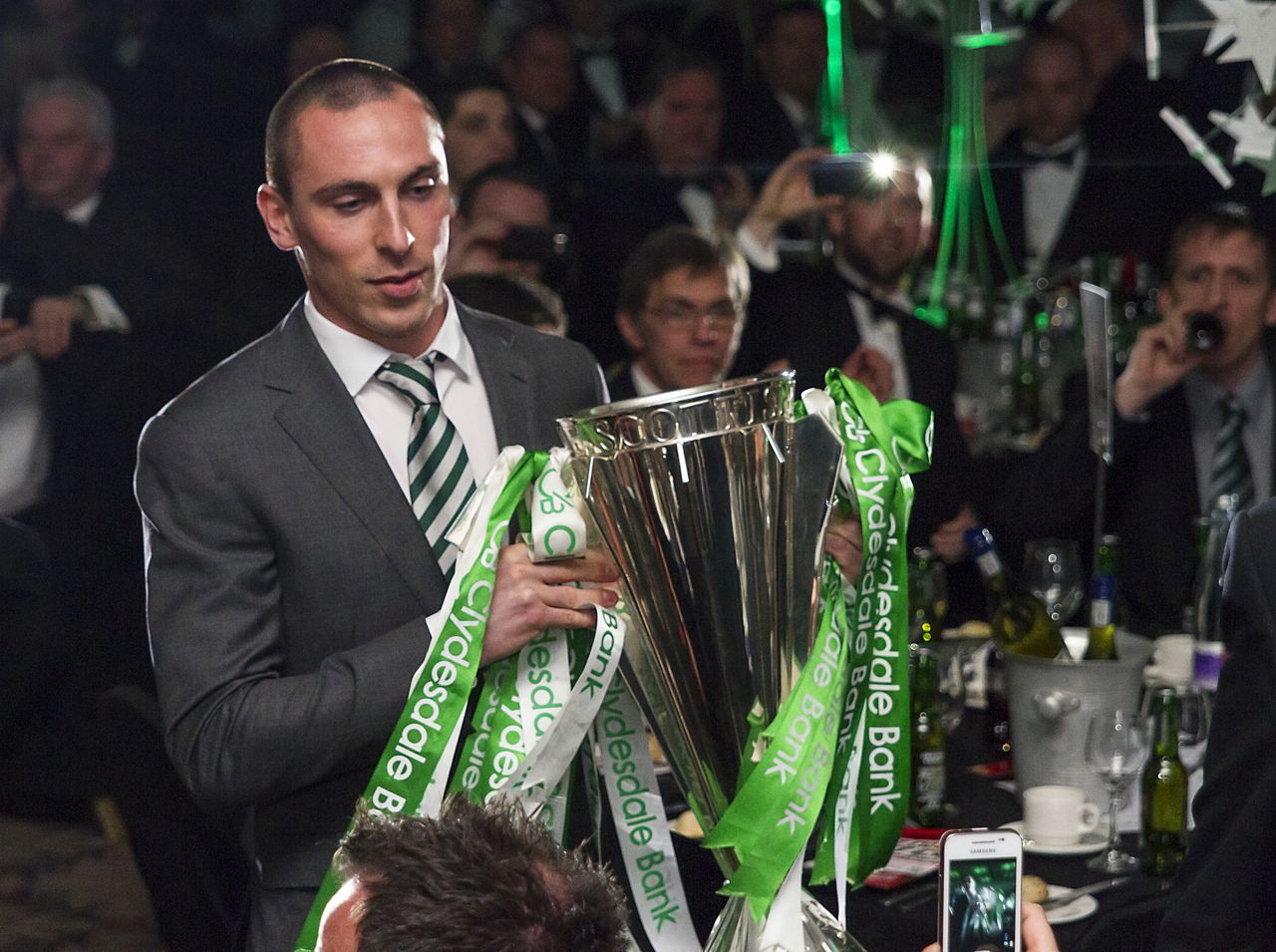
According to my good friend as the world is changing, bigger football clubs are terrified it will change for them too. There has been a lot of hard work gone into ensuring football has been engineered to suit the big sides. They need to maintain the status quo when we emerge from this crisis. They are at no risk of genuine hardship.
Everything else over the last few days has been a political game and the creation of an illusion to make us all believe the big clubs are just as vulnerable as the smaller sides, that it’s all relative. It appears that may not be the case.
If the bigger clubs furloughing lower earning staff is indeed a sleight of hand in a long game hustle, the next few days should be very telling indeed.
Niall J
ALSO ON THE CELTIC STAR TODAY…
‘I miss everything about Celtic. And I always will,’ Kieran Tierney | The Celtic Star https://t.co/shzbyDla3j
— The Celtic Star Editor (@CelticStarMag) April 4, 2020
Video – Watch Celtic beat Liverpool on penalties to win the Dubai Champions Cup, 4 April, 1989 | The Celtic Star https://t.co/QwgIGF8Ckd
— The Celtic Star Editor (@CelticStarMag) April 4, 2020
The Tasmanian Devil Celtic imported from AC Milan, Signor Paolo Di Canio. | The Celtic Star https://t.co/9v6XId5xTK
— The Celtic Star Editor (@CelticStarMag) April 4, 2020
Support Celtic Youth Development
Help raise money for Celtic Youth Development by joining the £1 weekly lottery and you could win up to £25,000 – just click on any one of the photographs below to join. Lots of our readers have already done so and they’re now doing their bit to help fund Celtic Youth Development that can deliver the stars of tomorrow and beyond. And you might even win a few bob too! And a special thank you to all The Celtic Star readers who have already signed up and are now supporting youth development to give us the Celtic Stars of the future…
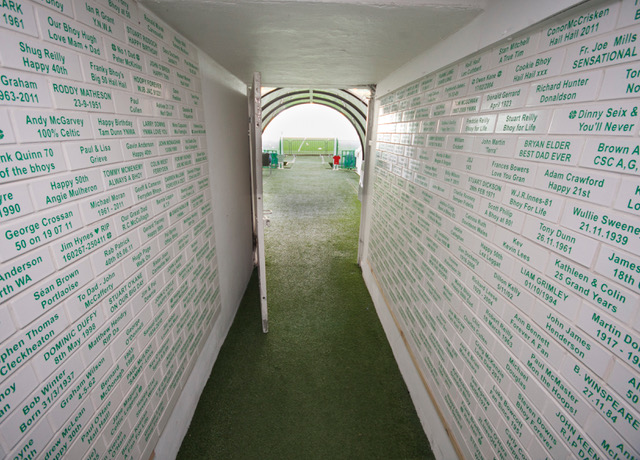
Take The Celtic Star’s Photo Tour of Celtic Park and enjoy our stunning photos from inside Paradise RIGHT HERE, RIGHT NOW.

